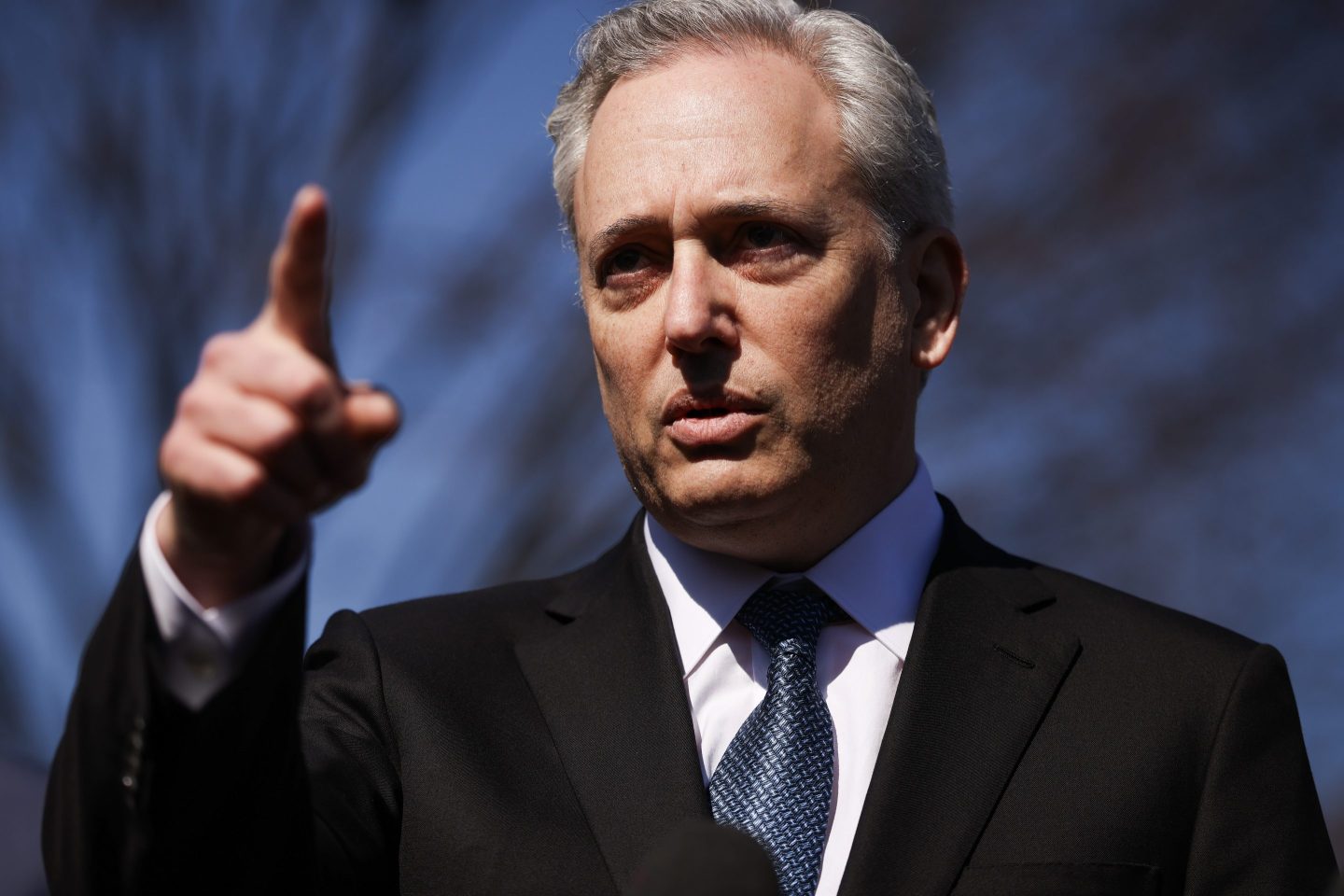If you had a chance to advance civilization and change the course of human history, could you put a price tag on it?
Sam Altman sure wouldn’t. In his relentless pursuit to be the first to develop artificial general intelligence (AGI), the OpenAI boss believes any cost is justified—even as he refuses to predict how long that goal may take to achieve.
“There is probably some more business-minded person than me at OpenAI somewhere worried about how much we’re spending, but I kinda don’t,” he told students at Stanford University this week, where he had been enrolled until dropping out after his sophomore year to launch a startup.
“Whether we burn $500 million a year or $5 billion—or $50 billion a year—I don’t care, I genuinely don’t,” he continued. “As long as we can figure out a way to pay the bills, we’re making AGI. It’s going to be expensive.”
AGI is widely considered to be the level at which AI is as capable at reasoning as an intelligent human, but the definition is vague. For example, Elon Musk is suing OpenAI, arguing it has already achieved AGI with GPT-4, the large language model that powers ChatGPT.
Cofounded by Altman, Musk, Greg Brockman, and Ilya Sutskever in December 2015, OpenAI has been at the forefront of the generative AI revolution and counts Microsoft as a major investor. The phrase “ChatGPT moment,” named after the late 2022 launch of its gen AI chatbot that became a wild commercial success, has come to mean a breakthrough in technology.
Altman pushed back against the characterization that ChatGPT is some “phenomenal” device, despite all the myriad accomplishments to its credit.
“That’s nice of you to say, but ChatGPT is not phenomenal,” he replied, calling it “mildly embarrassing at best.”
This evasive answer may have been more than self-depreciation, perhaps also an indication of just how far advanced OpenAI’s current research projects are, which haven’t been commercially deployed. Before ChatGPT was launched, the system was optimized to be cost effective in terms of its compute cost.
Much newer tools like Sora, which can create brief ultrarealistic or stylized video clips using only text prompts, isn’t ready for a market launch yet. That’s in part because while Sora is far more powerful, it is also far more expensive.
Tight feedback loop to help society and AI coevolve together
Altman believes in iterative deployment, arguing how important it is to ship early and allow society to inform companies like OpenAI what it collectively—and people individually—want from the technology.
“If we go build AGI in a basement, and then the world is kind of blissfully walking blindfolded along, I don’t think that makes us very good neighbors,” he said.
The best way, in other words, to give leaders and institutions time to react, is to put the product in people’s hands and let society coevolve alongside ever more powerful AI tools.
“That means we ship imperfect products, but we have a very tight feedback loop, and we learn and get better. It does kind of suck to ship a product you’re embarrassed about, but it is much better than the alternative,” he said.
In his costly pursuit to develop AGI, Altman said he was more worried about how quickly society would be able to adapt to the advances his company was achieving.
“One thing we’ve learned is that AI and surprise don’t go well together,” he said. “People want a gradual rollout and the ability to influence these systems.”













